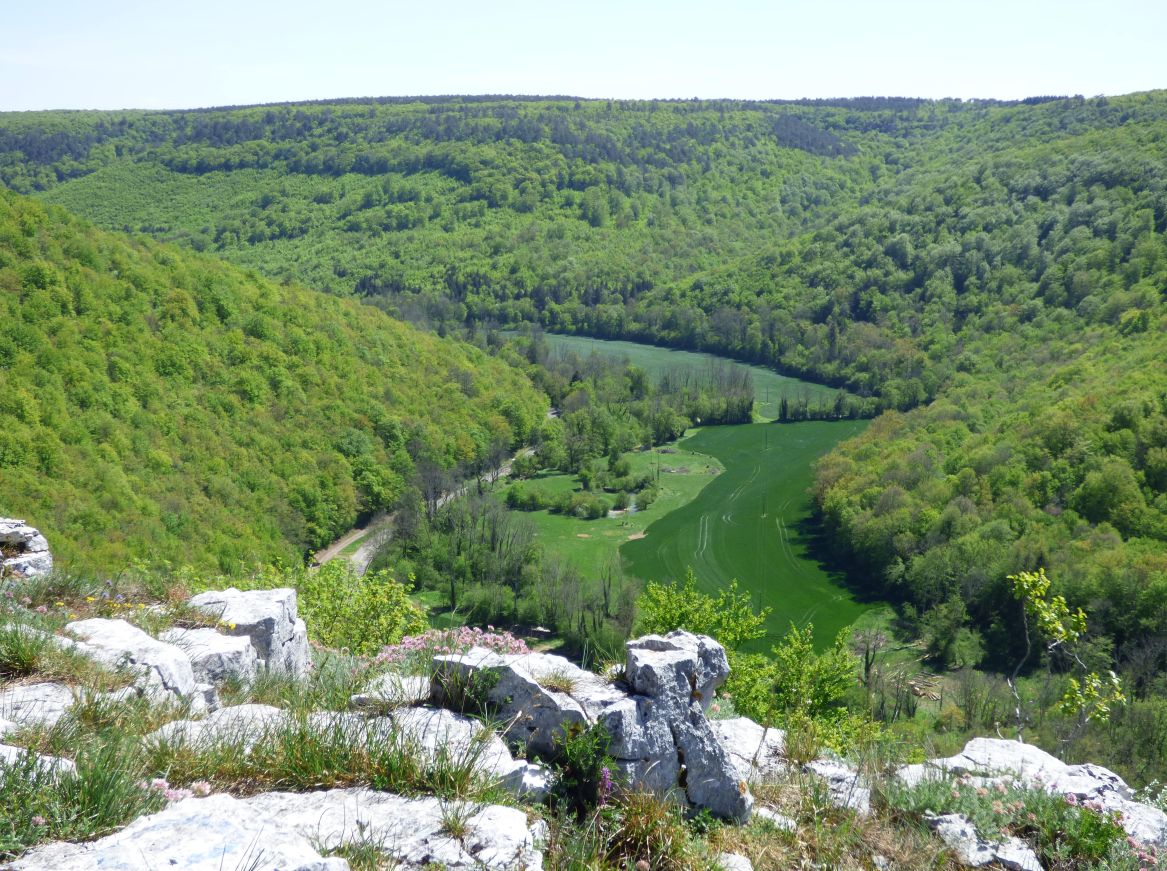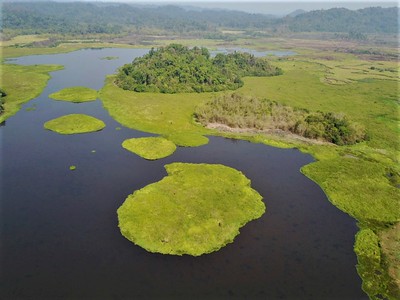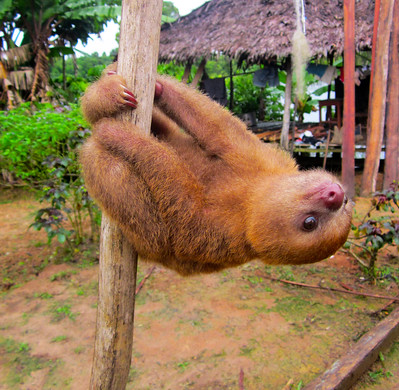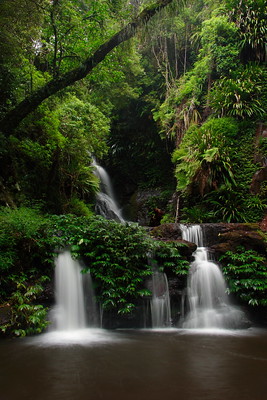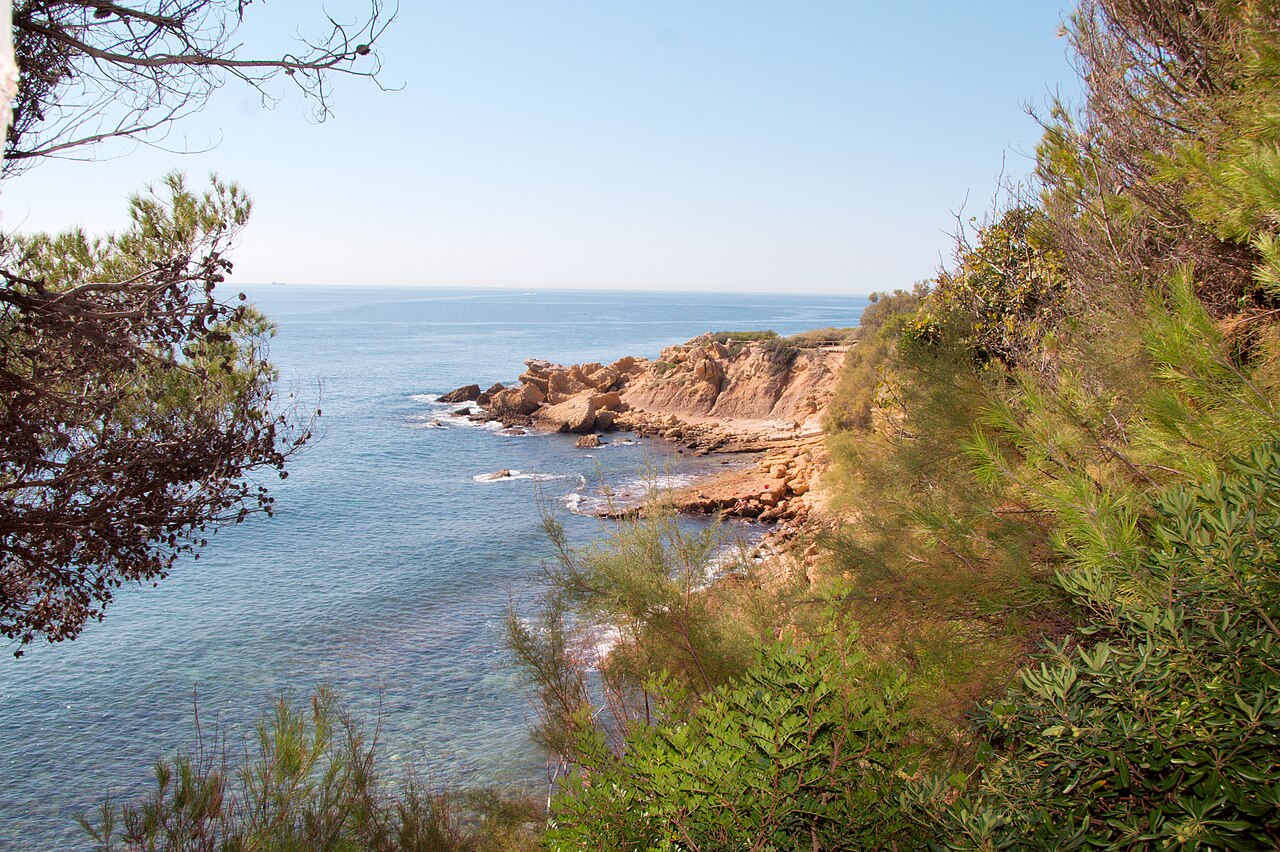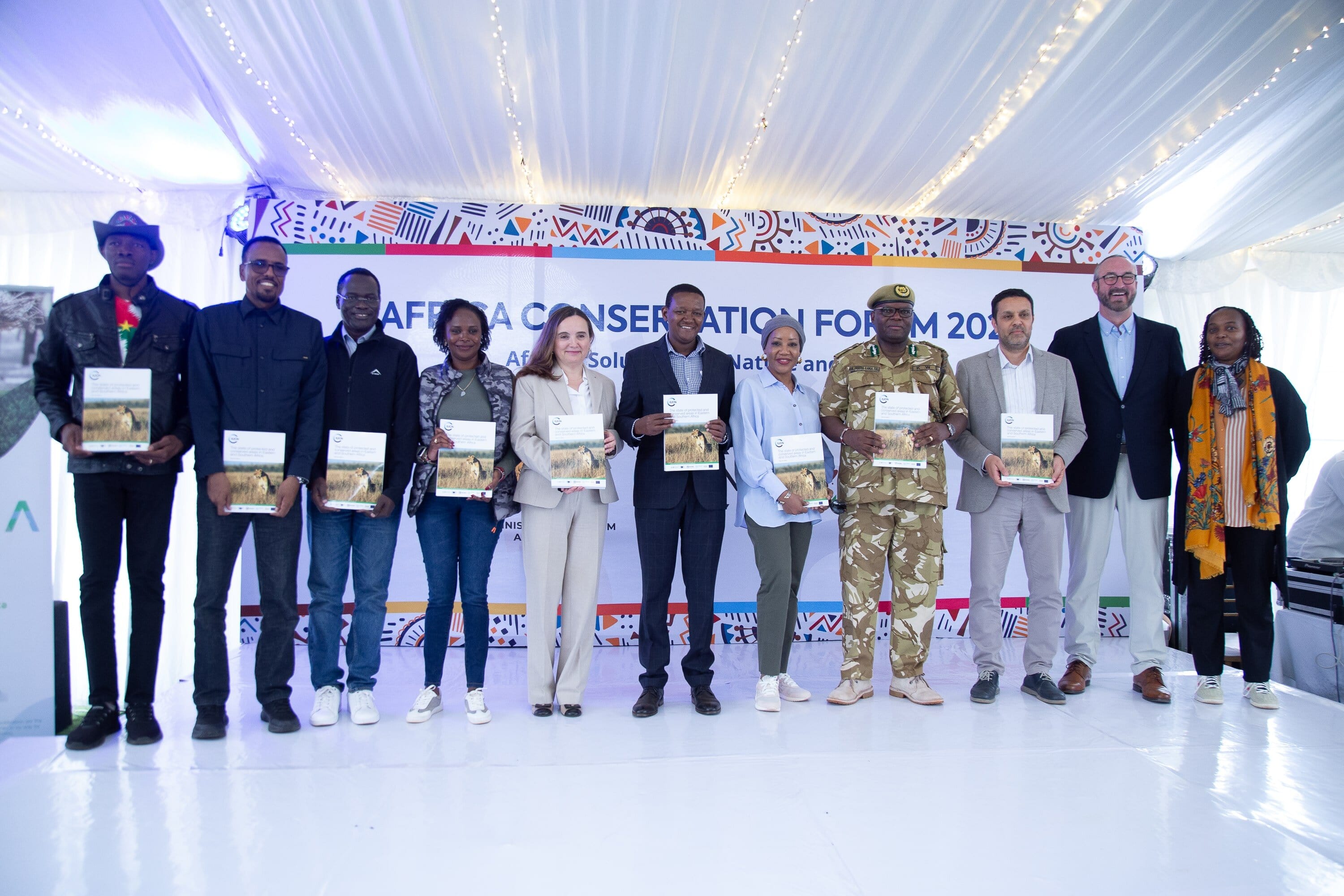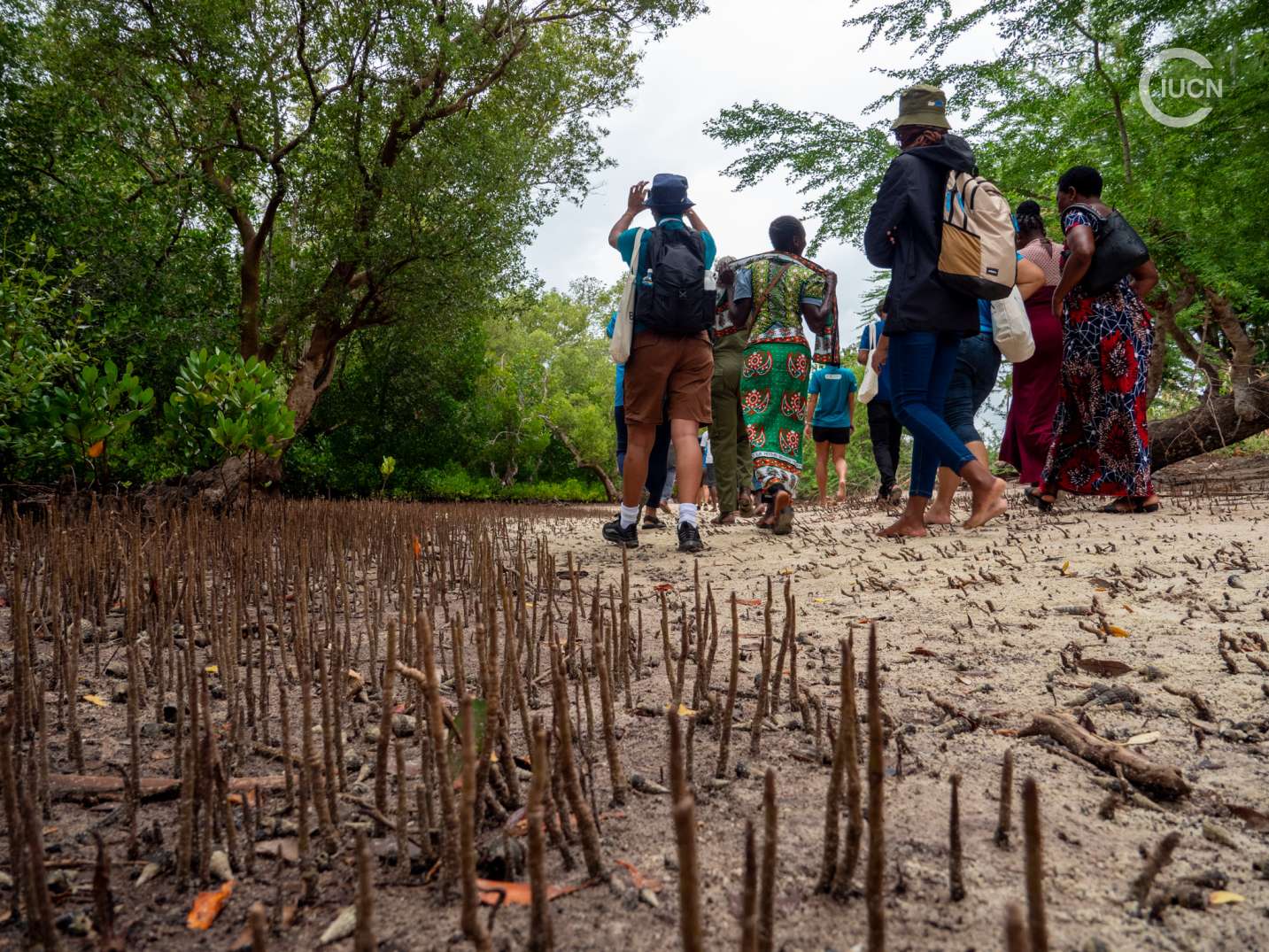IUCN admits four new sites in Australia, France, Perú and Viet Nam to the Green List
Gland, Switzerland, 20 June 2024 (IUCN) - The International Union for Conservation of Nature (IUCN) has admitted four new sites in Australia, France, Perú and Viet Nam to the IUCN Green List of Protected and Conserved Areas - the only global standard recognising effective and equitable conservation results in protected and conserved areas. Ten other sites in France, Mexico and Spain have also successfully renewed their IUCN Green List status. The IUCN Green List now recognizes and celebrates 76 sites in 18 countries around the world.
Launched in 2014, the IUCN Green List is the only global standard that recognizes protected and conserved areas for effectiveness in their governance and management and conservation outcomes. Sites meeting the Standard demonstrate that they are achieving positive outcomes for people and nature. Its main purpose is to support sites to improve their governance and management, to address threats and challenges and to build the necessary capacity to do so.
"The IUCN Green List Standard is the world’s only independently assured benchmark for encouraging and measuring progress on our journey towards achieving ambitious 2030 targets for effective area-based conservation. Today, the four newly listed sites and ten relisted sites on the IUCN Green List serve as role models for protected and conserved areas. Their success stories will inspire the managers and custodians of all sites worldwide to identify and address capacity needs on the pathway to achieve positive impacts for nature and for people" Trevor Sandwith, Director, IUCN Centre for Conservation Action
The Matsés National Reserve (RNM), located in Perú, one of the newly listed sites, is the country’s third site on the Green List. Over 400,000 hectares in extent, the area covers a complex ecosystem including the Gálvez, Tapiche and Blanco rivers in the Amazon basin and the many landforms including hills, terraces and floodplains. There is a palpable sense of identity and territorial ownership among the Matsés for the area, through their involvement in the staffing and management of the site, which plays an important role in safeguarding the rights, use and access of the Matsés people, including those who voluntarily live in isolation within its boundaries. Moreover, it presents an opportunity to foster sustainable activities that promote economic, social, and cultural well-being among the Matsés population.
Cát Tiên National Park (CTNP) spanning over 70,000 hectares in southern Viet Nam is also one of the recent additions to the IUCN Green List. Established in 1992, CTNP is recognized as one of the world's 200 most important ecoregions and is an Endemic Bird Area of Viet Nam. The area's hydrology contributes to its rich biodiversity and scenic landscapes. CTNP is part of the Dong Nai River basin, which supplies water to densely populated areas like Ho Chi Minh City.
Lamington National Park is a densely forested area which forms the border between New South Wales and Queensland. It is Australia’s fourth site on the IUCN Green List. It is situated on the southern edge of the Scenic Rim Mountain chain and contains remnants of the ancient Gondwanan rainforests that once blanketed the Australian continent. Some of Lamington’s plant and animal species are prehistoric survivors that endured mass extinction events. Lamington National Park is one of the Gondwana Rainforests of Australia and is also a UNESCO World Heritage Site
Val Suzon Regional Nature Reserve, a site established in 2011 near Dijon, France, is a 3,000-hectare area is the largest nature reserve in the region. It is located at a climatic crossroads and is characterised by its carved limestone topography created by water erosion. These factors have resulted in the region having high biodiversity values, including habitats for numerous species. Archaeological findings at the site dating back to the Neolithic period demonstrate a longstanding relationship between humans and nature at Val Suzon that spans thousands of years. With this addition France now has 24 sites either in the boundaries of the country or within its overseas departments.
Ten sites were successful in renewing their certification, demonstrating continued effectiveness in the management of protected and conserved areas. The relistings cover sites in Mexico, Spain and France and demonstrate the durablity of the implementation of effective management practices.
In France, eight sites had their Green List status renewed, including the core area of Guadeloupe National Park in France’s overseas department and the Terres Australes Françaises National Natural Reserve in the French Southern Territories, which is the largest nature reserve in France at over 2.2 million hectares in extent. Among the relisted sites are the marine sites of Côte Bleue Marine Park, between the bay of Marseille and the Gulf of Fos, and Cerbère-Banyuls Natural Marine Reserve, the first Natural Marine Reserve in France extending over 650 ha of sea between Banyuls-sur-Mer and Cerbère. Bois du Loc'h Integral Biological Reserve, which covers a strip coastal forest near the harbor of Brest, Marais d’Episy Sensitive Natural Area with its remarkable richness of flora near Fontainebleau, the core area of Pyrénées National Park and Orlu national hunting and wildlife reserve have successfully achieving re-listing and
Other relisted sites are the Marine Zone of Espíritu Santo Archipelago National Park in Mexico, located within one of the most biologically diverse and productive areas in the southern Gulf of California, and the Sierra Nevada Natural and National Park in Spain among the highest peaks of the Iberian Peninsula, hosting a unique blend of Alpine, African, Atlantic, and Middle Eastern elements.
The addition of these new sites, and the continued effectiveness of the management and commitment of the custodians of the relisted sites on the IUCN Green List documents fair and successful nature conservation of some of the world's most precious places and serves as a demonstration of the way in which the world can mark ongoing progress toward achieving the 2030 goals and targets of the Global Biodiversity Framework.
For more information, please contact: greenlist@iucn.org
More information about the IUCN Green List:
